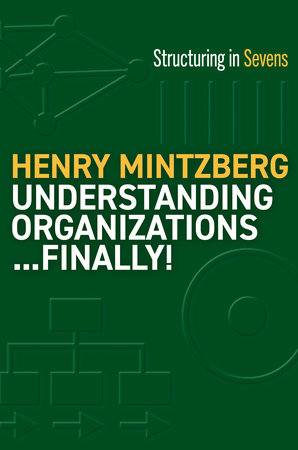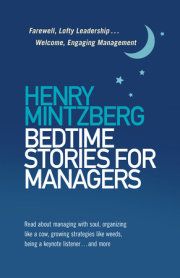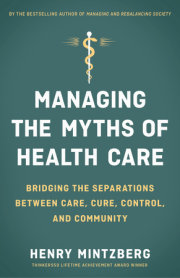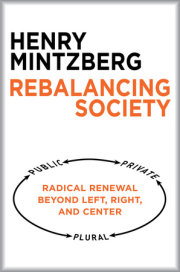1. Our World of Organizations
Part I: Re-Viewing the Organization
2. The Players and the Parts
3. The Art, Craft, and Science of Organizing
Part II: The Building Blocks of Organizational Design
4. The Mechanisms to Coordinate
5. The Elements of Design
6. Design in Context
Part III: Four Fundamental Forms of Organization
7. The Personal Enterprise
8. The Programmed Machine
9. The Professional Assembly
10. The Project Pioneer
11. The Four together
Part IV: Seven Basic Forces for Organizing
12. A Force for Each Form
13. Three Forces for All the Forms
Part V: Three More Forms
14. The Divisional Form
15. The Community Ship
16. The Political Arena
Part VI: Balancing the Forces across the Forms
17. In Praise of the Anchored Form
18. Hail to the Hybrids
19. Riding the Life Cycle across the Forms
Part VII: Organizing Beyond Sevens
20. Organizations Outward Bound
21. Opening Up Organization Design












